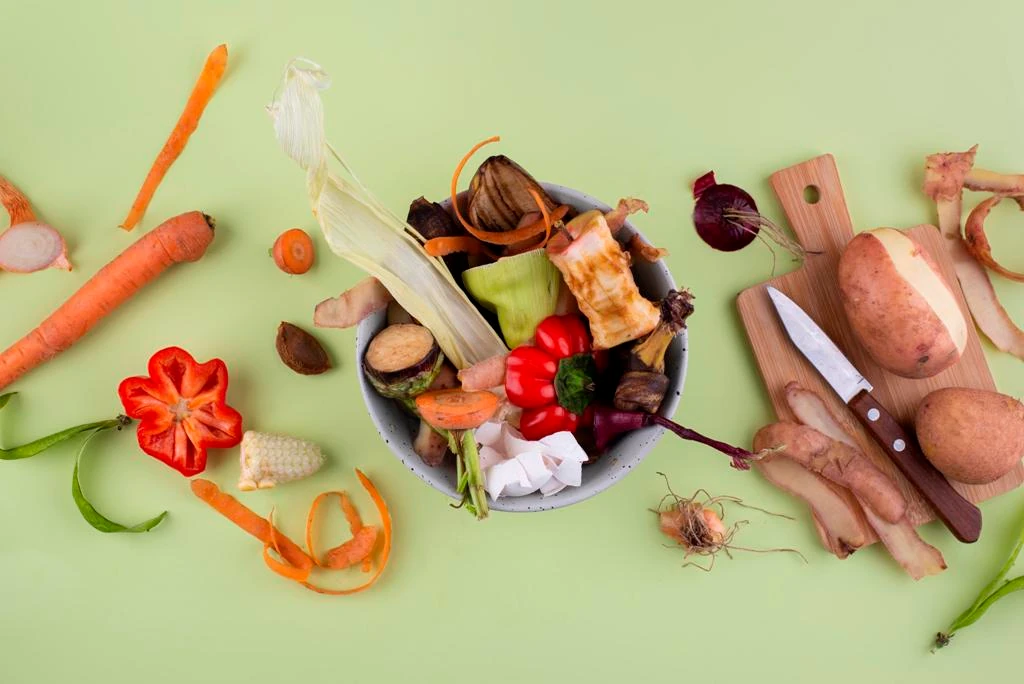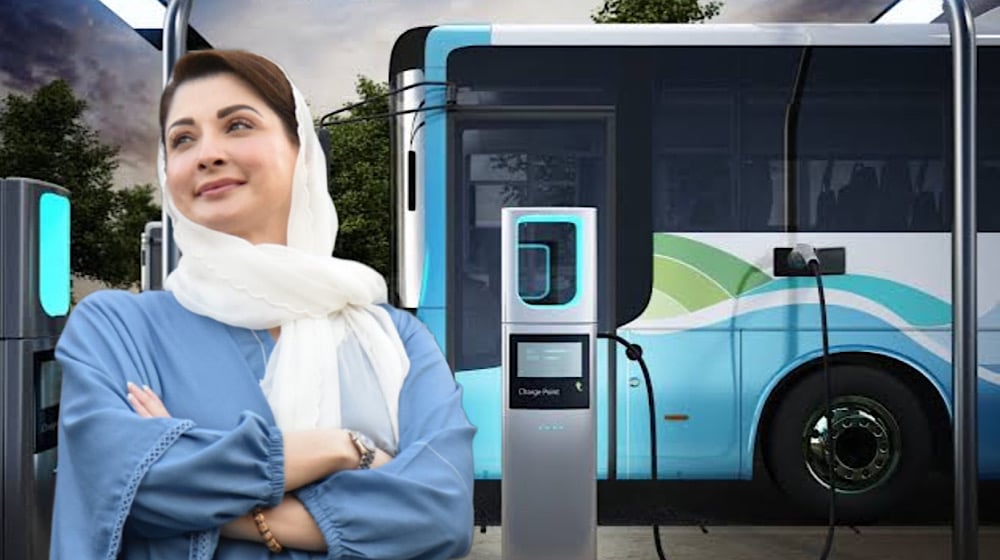“The Zero Waste Lifestyle: Practical Strategies for a Sustainable Future”
The zero waste lifestyle is a philosophy and approach aimed at reducing the amount of waste generated by individuals and households as much as possible. The ultimate goal of the zero waste movement is to send as little waste as possible to landfills or incineration, while promoting sustainable practices and mindful consumption.

Here are some key principles and practices associated with the zero waste lifestyle:
- Refuse: Say no to things you don’t really need, such as single-use plastics, freebies, and promotional items. By refusing unnecessary items, you prevent them from becoming waste in the first place.
- Reduce: Minimize your consumption and only purchase items that you truly need. Choose products with minimal packaging and opt for durable, long-lasting items over disposable ones.
- Reuse: Embrace reusable alternatives to single-use items. This includes using cloth bags, reusable water bottles, coffee cups, and containers, rather than relying on disposable counterparts.
- Recycle: While recycling is a part of the zero waste lifestyle, it’s important to remember that it’s not a perfect solution. Prioritize reducing and reusing before resorting to recycling, as some materials can still end up in the waste stream due to inefficiencies in the recycling process.
- Rot: Composting organic waste is a crucial aspect of the zero waste lifestyle. By composting food scraps and yard waste, you can divert a significant portion of your waste from landfills and create nutrient-rich soil.
- Repair: Instead of discarding broken items, try to repair them whenever possible. This extends the lifespan of products and reduces the demand for new replacements.
- Repurpose: Get creative with repurposing items that might otherwise be considered waste. Old clothing can be turned into rags, jars can become storage containers, and more.
- Mindful Shopping: Make conscious decisions when shopping. Consider the environmental impact of products, their packaging, and the practices of the companies you support.
- Bulk Shopping: Buy items in bulk to reduce packaging waste. Many stores allow you to bring your own containers for grains, nuts, and other bulk goods.
- DIY: Try making your own products like cleaning solutions, personal care items, and even some foods. This not only reduces waste but also gives you more control over the ingredients you use.
- Community Involvement: Engage with your local community and zero waste groups. Sharing tips, resources, and experiences can help you learn and grow in your zero waste journey.
- Educate: Spread awareness about the zero waste lifestyle and its benefits. Encourage others to adopt sustainable practices to create a larger impact.
It’s important to note that achieving zero waste is a challenging goal, and many individuals aim to minimize their waste as much as possible while recognizing that complete elimination of waste may not be achievable in all circumstances. The key is to make gradual changes that align with your values and circumstances, working towards a more sustainable and environmentally conscious lifestyle.
Practical Strategies for Lessening Trash:
“Practical Strategies for Lessening Trash: Achieving a Sustainable and Eco-Friendly Lifestyle”
- Carry Reusable Items: Keep reusable items with you at all times, such as a water bottle, coffee cup, utensils, and cloth bags. This helps you avoid using disposable versions when you’re on the go.
- Switch to Cloth: Replace disposable items with cloth alternatives. Use cloth napkins, handkerchiefs, and cleaning rags instead of paper towels and tissues.
- Reduce Packaging: Choose products with minimal or no packaging. Shop at bulk stores for items like grains, nuts, and spices, using your own containers.
- DIY Cleaning Products: Make your own cleaning products using simple ingredients like vinegar, baking soda, and essential oils. This reduces the need for buying single-use plastic bottles of cleaning solutions.
- Meal Planning: Plan your meals to avoid food waste. Buy only what you’ll consume and use leftovers creatively.
- Composting: Set up a compost system for your food scraps and yard waste. This diverts organic matter from landfills and creates nutrient-rich soil.
- Mindful Shopping: Buy second-hand items when possible, such as clothing, electronics, and furniture. This reduces demand for new products and extends the life of existing ones.
- Repair and Upcycling: Learn basic repair skills to fix items like clothing, appliances, and electronics. Upcycle old items into new ones or repurpose them.
- Digital Documents: Opt for digital versions of documents, bills, and receipts instead of printed ones. Use cloud storage for files and photos.
- Reduce Plastic: Avoid single-use plastics like straws, plastic bags, and disposable cutlery. Use alternatives made from stainless steel, glass, or bamboo.
- Buy in Bulk: Purchase bulk quantities of staple items to reduce packaging waste. Store them in reusable containers at home.
- Minimalist Wardrobe: Build a minimalist wardrobe with versatile pieces that can be mixed and matched. Donate or sell clothes you no longer wear.
- Eco-Friendly Personal Care: Choose personal care products with minimal packaging or refill options. Consider using shampoo bars, reusable menstrual products, and bamboo toothbrushes.
- Eco-Friendly Gift Giving: Give experiences, consumables, or handmade gifts instead of physical items that may contribute to waste.
- Energy and Water Conservation: Conserve resources to reduce your environmental footprint. Turn off lights and appliances when not in use, fix leaks promptly, and use energy-efficient appliances.
- Educate Others: Share your knowledge and experiences with friends and family to inspire them to adopt sustainable practices as well.
- Declutter Responsibly: When decluttering, donate usable items, recycle materials like paper and cardboard, and dispose of hazardous waste properly.
- Zero Waste Events: Apply zero waste principles to events you host or attend. Use reusable plates, utensils, and decorations, and minimize single-use items.
Remember, the zero waste journey is about progress, not perfection. Start by incorporating a few of these strategies into your daily life and gradually build upon them as you become more comfortable. Every small effort counts towards reducing waste and creating a more sustainable future.
The Renewable Energy innovations: Paving the Way to a Sustainable Future









